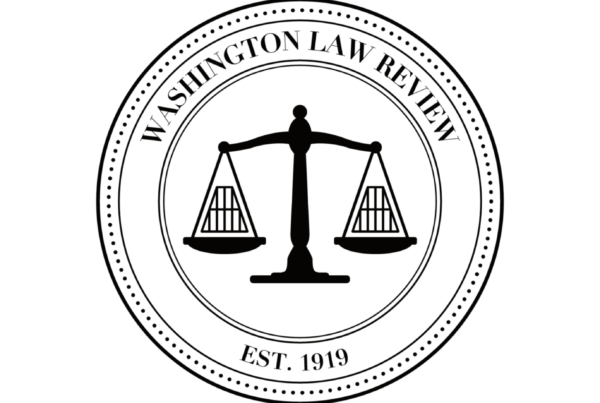Abstract: Title VII of the Civil Rights Act of 1964 protects employees from workplace discrimination and harassment on account of sex. Courts have historically failed to extend Title VII protections to LGBTQ+ people. However, in 2020, the U.S. Supreme Court decision in Bostock v. Clayton County changed this. Bostock explicitly extended Title VII’s protections against workplace discrimination to “homosexual” and “transgender” people, reasoning that it is impossible to discriminate against an employee for being gay or transgender without taking the employee’s sex into account. While Bostock is a win for LGBTQ+ rights, the opinion leaves several questions unanswered. The reasoning in Bostock heavily implies the existence of a sex and gender binary, and the Court names only two groups—transgender and homosexual people—for protection. Therefore, it remains unclear whether people who fall outside of the sex or gender binary are protected under Title VII.
This Comment focuses on one non-binary group, intersex people, and asks whether Title VII covers intersex people after Bostock. This Comment starts by defining the term intersex and exploring the cultural and legal context of intersex people in the United States. It then turns to Title VII, detailing Title VII’s history and the Court’s reasoning in Bostock v. Clayton County. This Comment concludes that Title VII covers intersex people after Bostock because the Court’s definition of sex discrimination includes discrimination on the basis of sex traits. Because all intersex people have a natural variation in at least one sex trait (i.e., a trait that humans use to determine sex), Title VII categorically covers intersex people after Bostock.



